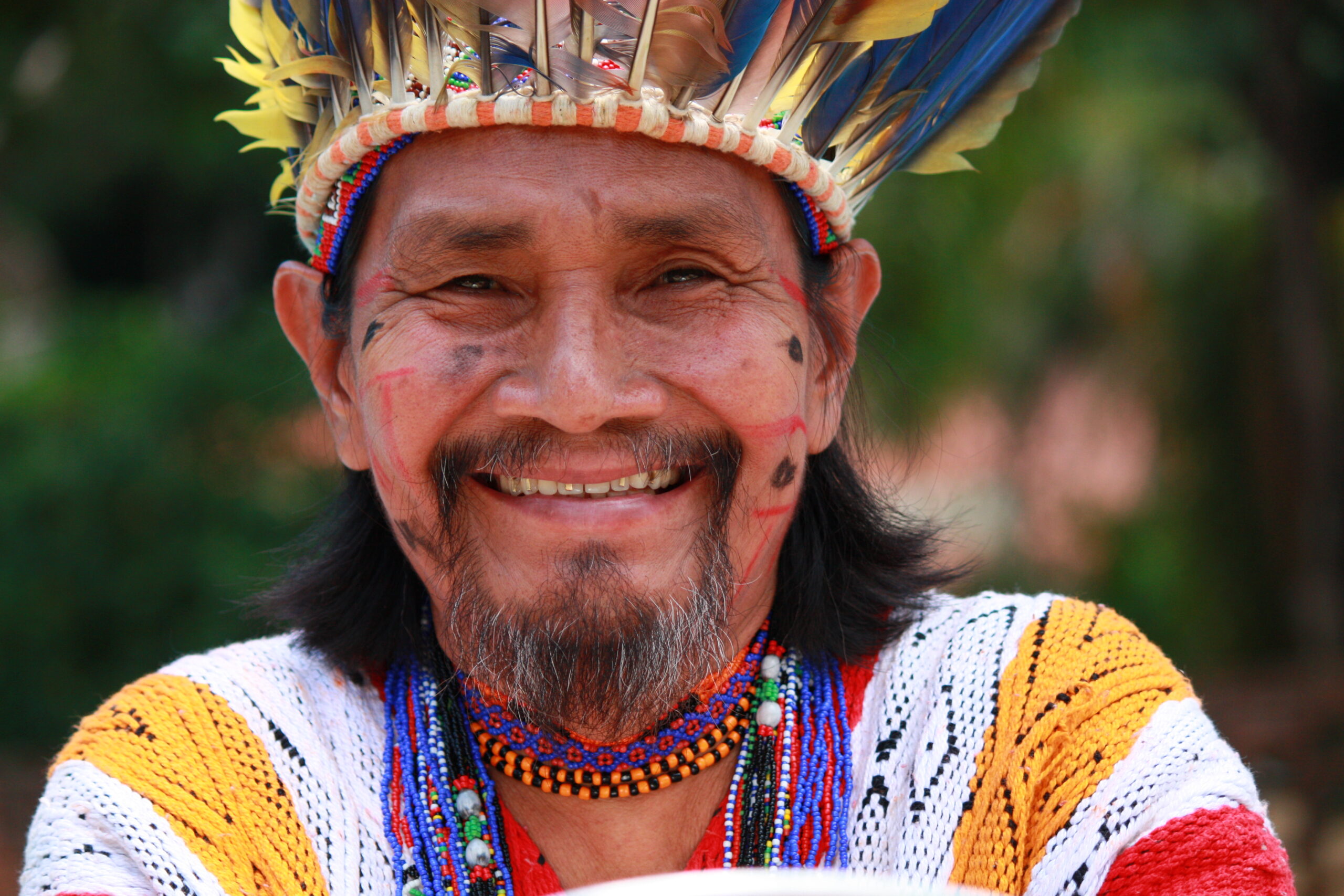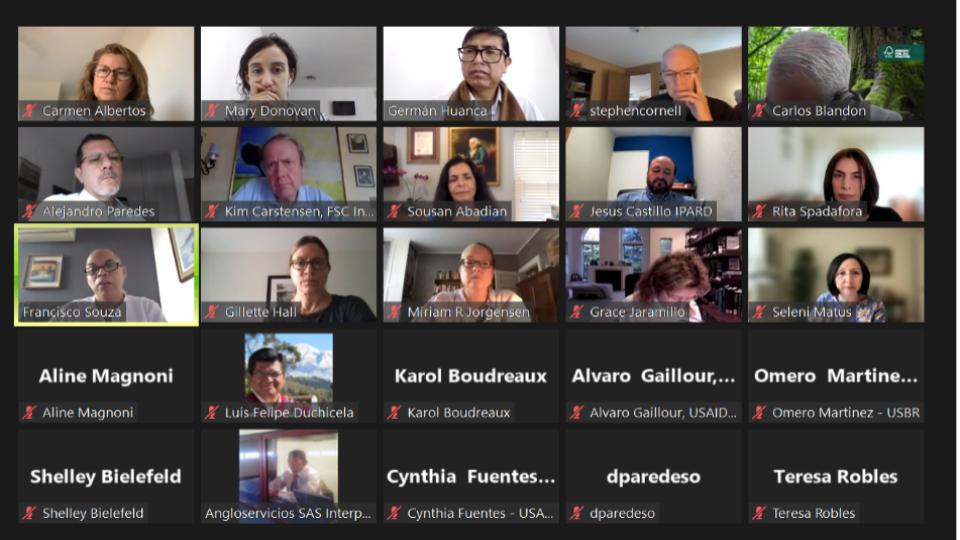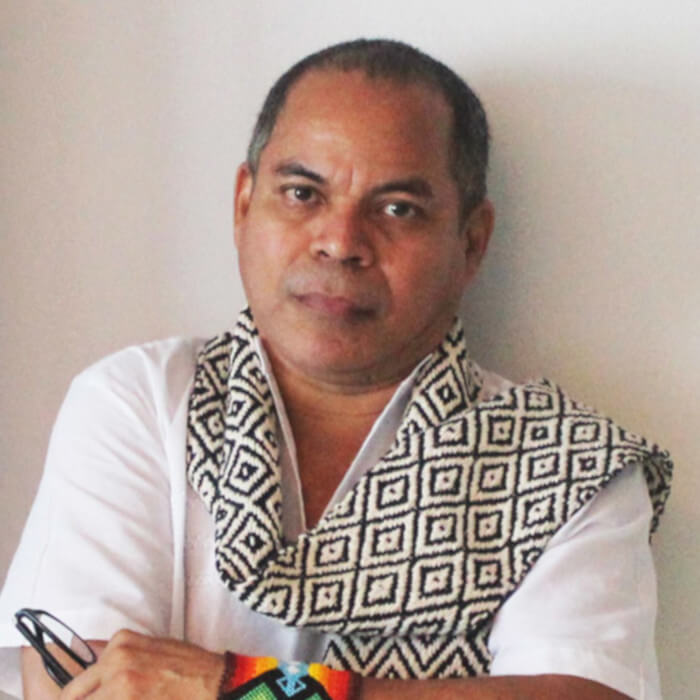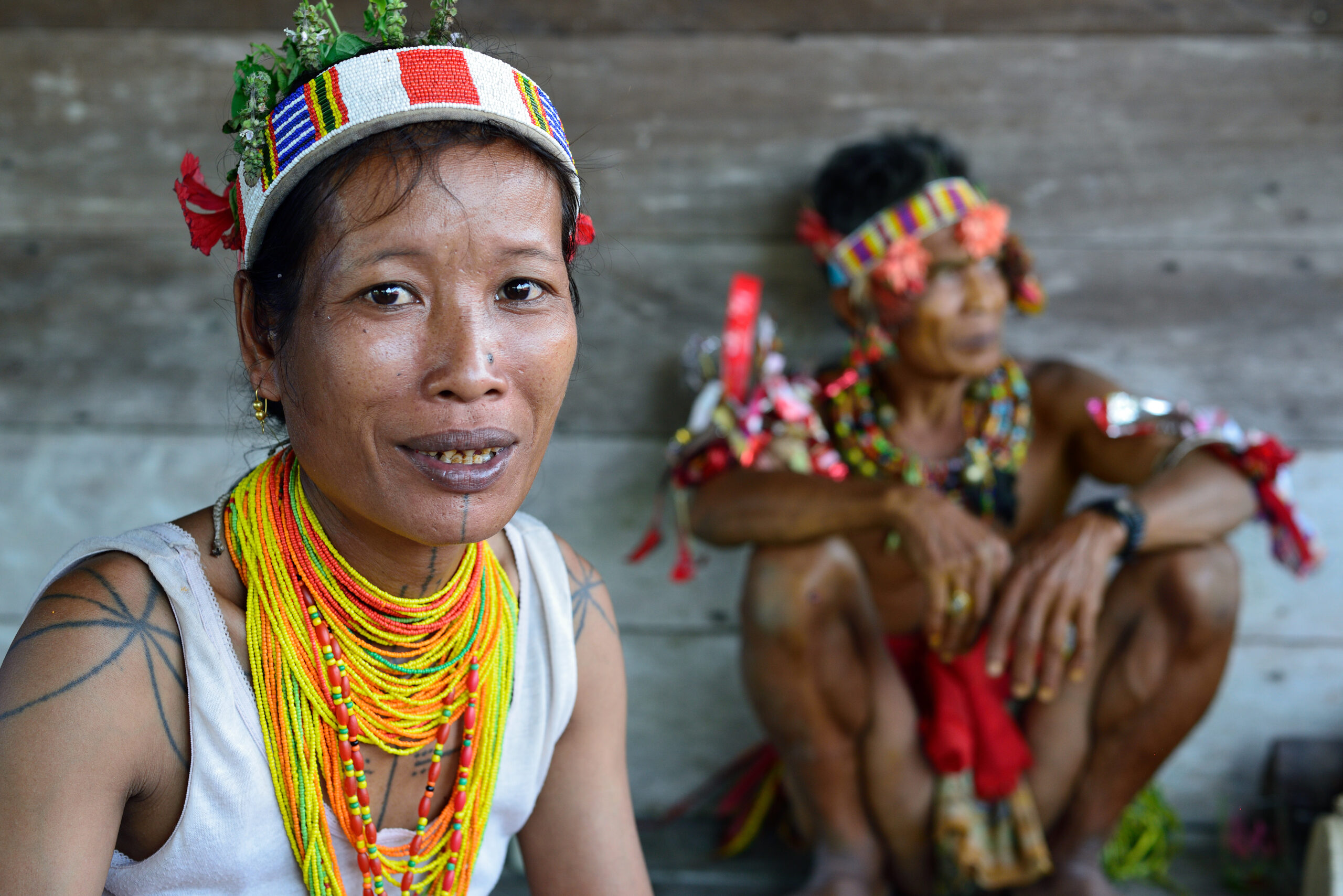Gathering global Indigenous Peoples’ perspectives to inform USAID’s draft Climate Strategy
FSC-IF and USAID co-organized two listening sessions for Indigenous leaders worldwide to share inputs on USAID’s new Climate Strategy.

On Earth Day 2021, the United States Agency for International Development (USAID) announced it would develop a new climate strategy to guide its efforts to strategically target climate change resources, enhance climate change mitigation and adaptation efforts, and further integrate climate considerations into international development and humanitarian assistance programs across all sectors of the Agency. The process to develop the strategy included listening sessions for different stakeholders to share inputs and recommendations.
As part of its commitment to raise the voices of Indigenous Peoples, the FSC Indigenous Foundation (FSC-IF) provided support to the USAID Inclusive Development Hub in the organization and facilitation of two global listening sessions with global Indigenous Peoples representatives on June 17th and November 23rd. The first session gathered inputs on Indigenous Peoples’ priorities and practical recommendations based on the potential impacts of climate change in their communities, landscapes, and countries. The second session collected feedback on the draft strategy and recommendations for its implementation.
USAID and FSC-IF gathered a Technical Advisory Group with members from IUCN, Ford Foundation, World Resources Institute, Nia Tero, and the Climate and Land Use Alliance to best support the engagement and participation of Indigenous Peoples from eight regions around the globe.
Driven by an inclusive effort, one hundred representatives from Indigenous Peoples organizations were grouped in eight regions — Mesoamerica, South America Spanish speakers, South America Portuguese speakers, Africa French speakers, Africa English speakers, East Asia, South Asia, and Pacific — to best incorporate their perspectives and vision on climate change challenges and target activities to be implemented.
Incorporating Indigenous Peoples’ issues into programmatic actions and results
The FSC-IF reinforces and supports the outcomes from the global listening sessions on the importance of recognizing and valuing the role of Indigenous Peoples and their traditional knowledge in all solutions and strategies to promote climate resilience, mitigation, and adaptation. Moreover, we also support the vision that these communities should benefit from their efforts in the conservation of lands, the protection of nature, reduction of carbon emissions, and the contribution from their territories and livelihoods on the Nationally Determined Contributions (NDCs). Listening session participants emphasized, and the FSC-IF supports, that transformational, innovative, and long-term sustainable funding programs require direct investment in Indigenous Peoples using a bottom-up strategy, including their engagement in the design, implementation, and governing phases.
Participants highlighted the importance of land tenure, direct financing to Indigenous Peoples and local communities, a robust Free, Prior and Informed Consent (FPIC) process, and the importance of incorporating an Indigenous vision of development into USAID strategy and projects. It was recommended that nature-based solutions expand to a broader concept and include community-based solutions, and that implementation of the climate strategy should be community-led.
Commitment to partner with Indigenous Peoples on climate action and Indigenous-led initiatives
During COP26, where an unprecedented pledge of $1.7bn was announced to provide direct financial support to Indigenous Peoples and local communities in recognition of their key role in protecting the Earth’s lands and forests, USAID released a draft Climate Strategy.
The FSC-IF sees the strategy as an innovative opportunity, given that the strategy includes an intermediate result dedicated to Indigenous Peoples and local communities: “Partner with Indigenous Peoples and local communities to lead climate actions.”
With the results achieved in the two listening sessions co-hosted with USAID, the FSC-IF will continue working in partnership with Indigenous Peoples’ organizations to further support their capacities and efforts to develop new Indigenous-led initiatives in close collaboration and alignment with the new USAID Climate Strategy’s target objectives, intermediate results, and activities. The Indigenous Foundation also sees these experiences as an opportunity to amplify the engagement with other public and private donors and create innovative funding mechanisms in line with the commitment from COP26.



